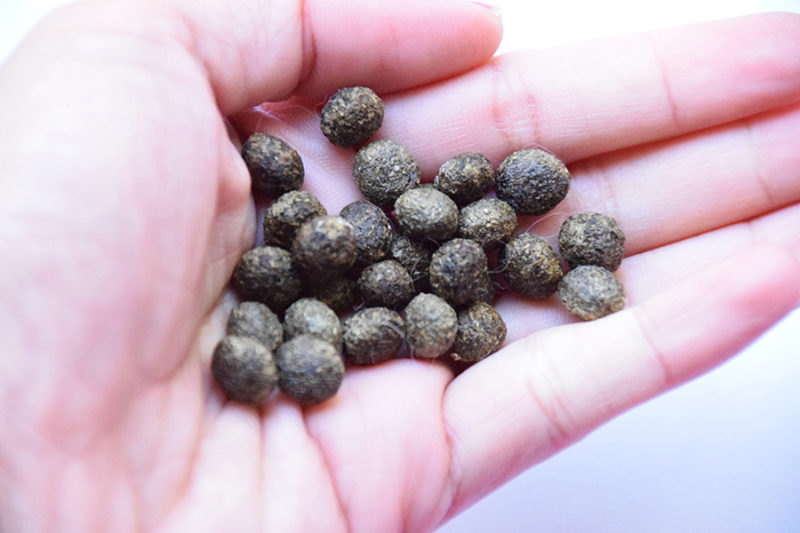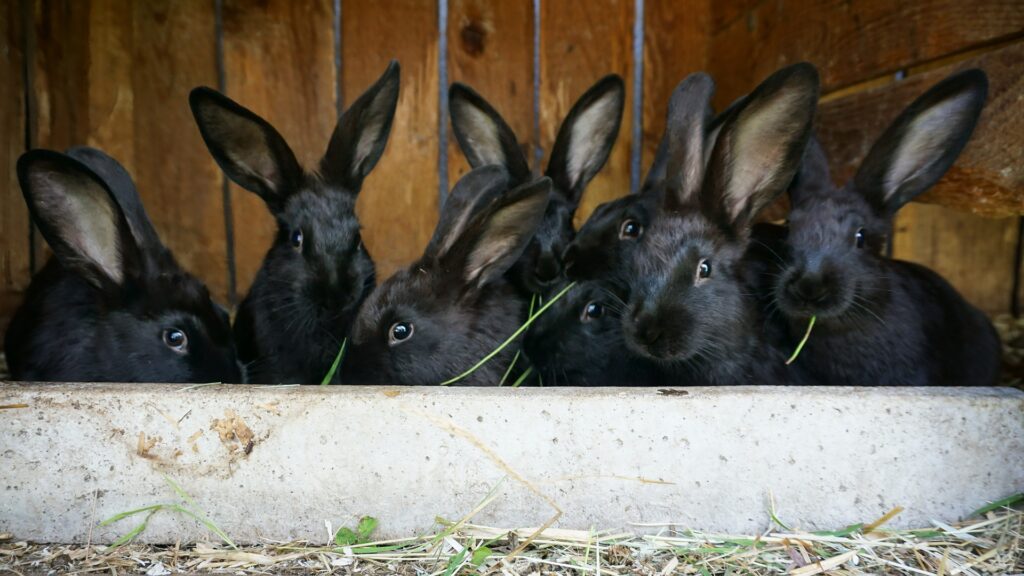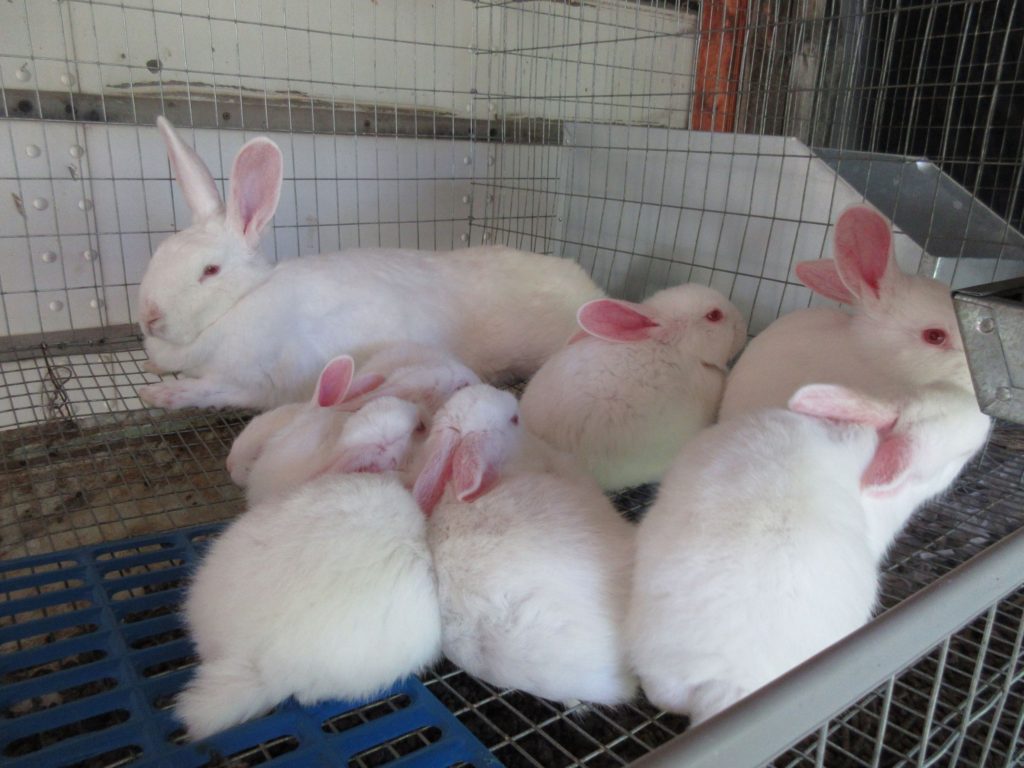Rabbit owners often wonder whether or not their pet’s poop is safe. After all, rabbits produce a lot of droppings, and they tend to leave them all over the place. But is bunny poop toxic?
TL:DR
In general, bunny poop is not toxic to humans. Unlike the droppings of many other animals, rabbit poop does not contain harmful pathogens or bacteria that can cause illness. However, you should take appropriate precautions before you can handle rabbit droppings.

Is Bunny Poop Toxic to Humans?
In general, bunny poop is not toxic to humans. Unlike the droppings of many other animals, rabbit poop does not contain harmful pathogens or bacteria that can cause illness. However, you should take appropriate precautions before you can handle rabbit droppings.
While bunny poop is generally not toxic to humans, handling it with care is still important to avoid any potential risks. While rabbits are not known to carry diseases that harm humans, they can still carry certain parasites, like tapeworms and roundworms, that can cause illness in other animals.
To avoid these risks, it’s important to always wear gloves when handling bunny poop and to wash your hands thoroughly after handling it. Suppose you do come into contact with bunny poop. In that case, it’s important to clean the affected area with a disinfectant solution to minimize any potential bacteria or parasites.

About Bunny Poop
Bunny poop, also known as rabbit droppings or pellets, comprises undigested fibre and other plant material. The digestive system of rabbits is designed to extract as much nutrition as possible from their food, which is why they produce two types of droppings: hard, round pellets and soft, partially digested droppings known as cecotropes.
The hard pellets are typically brown or black in colour, small and round, and are eliminated from the rabbit’s body through its anus. They are made up of undigested plant material, such as hay, grass, or other types of vegetation, as well as indigestible cellulose.
Cecotropes, on the other hand, are soft, shiny, and often sticky. They are typically ingested by rabbits directly from their anus or from the ground and are re-digested in the stomach to extract as much nutrition as possible. Cecotropes contain important nutrients, such as vitamins, minerals, and amino acids, essential to a rabbit’s overall health and well-being.
While the texture and appearance of cecotropes may be unappealing to humans, they are an important part of a rabbit’s digestive process. Notice your rabbit producing a lot of cecotropes or not ingesting them. It could indicate an underlying health issue, such as dental problems or a poor diet.
How to Safely Handle Bunny Poop
When handling bunny poop, it’s important to take proper precautions to avoid the risk of disease. Here are some tips for handling bunny poop safely:
- Wear gloves when handling bunny poop to avoid direct contact.
- Avoid inhaling dust from dried bunny poop, as it can irritate the respiratory tract.
- Use a scoop or shovel to pick up bunny poop, and dispose of it in a sealed plastic bag.
- Clean up any urine or feces stains with a disinfectant solution.

FAQs
Q: Can you compost bunny poop?
A: Yes, bunny poop can be composted. As it is cold manure, it can also go directly into your garden. Drying first is recommended, though.
Q: Is bunny poop safe for other pets to eat?
A: No, bunny poop is unsafe for other pets. It may contain harmful bacteria or parasitic worms that can cause illness.
Q: What do different colours of bunny poop mean?
A: The colour of bunny poop can vary depending on the rabbit’s diet. Green poop may indicate a diet high in vegetables, while dark brown poop is a sign of a diet high in hay.